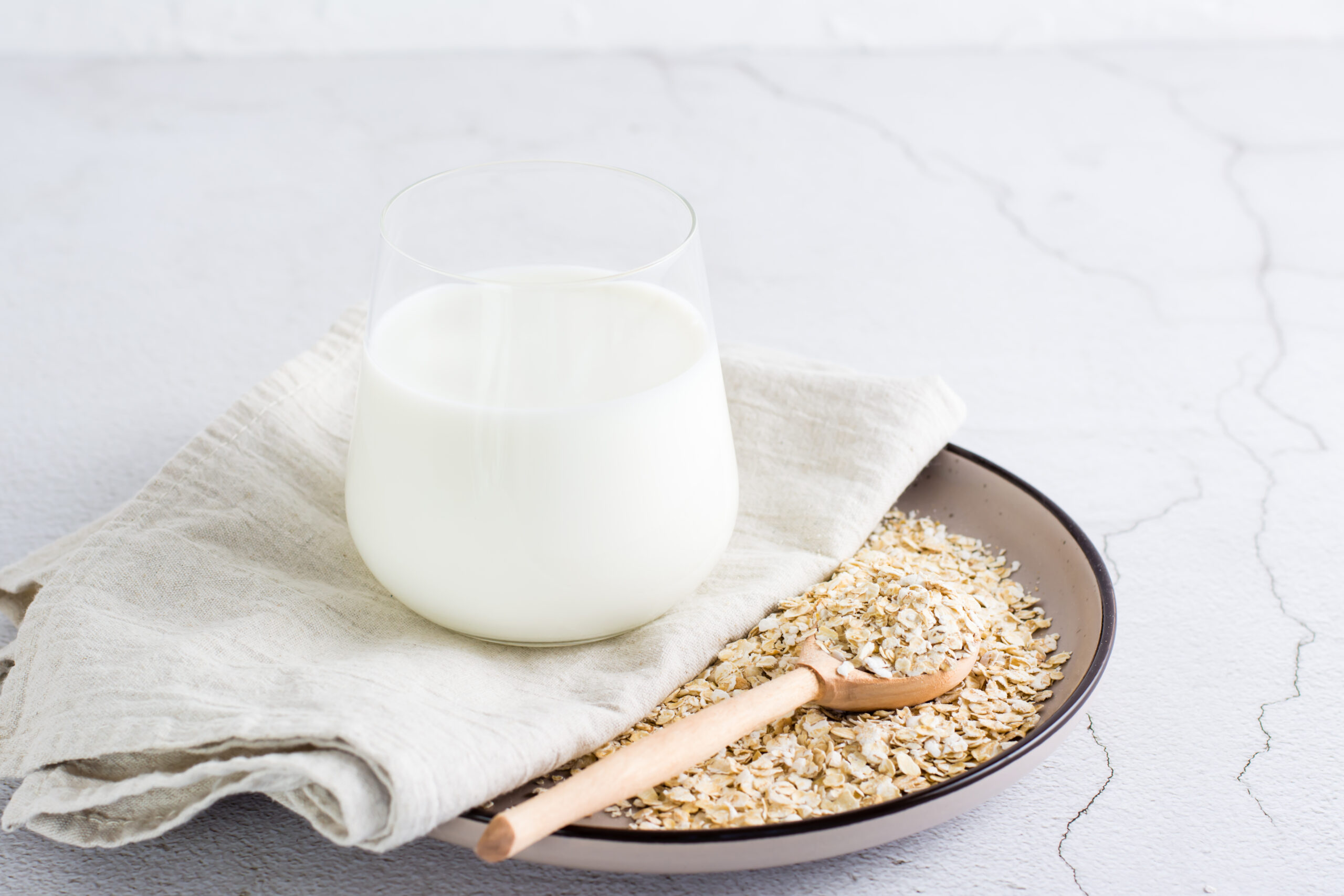Plant-based milks, like oat milk, are transforming diets with their health benefits and sustainability, catering to diverse tastes
Recently, dairy-free alternatives have been sweeping through the aisles of our supermarkets, transitioning from a niche trend that originated in the local coffee scene into a kitchen staple for many Bruneians.
From almond milk to oat milk, these alternatives guarantee that everyone can enjoy a cuppa regardless of their metabolic differences, and through these entry points, these fatty plant-based milks have poured themselves into the hearts of many.
This development has been a blessing, especially for individuals navigating lactose intolerance or those keen on maintaining gut health with age.
Lactose intolerance affects a significant portion of the global population, leading many to seek non-dairy alternatives to avoid discomfort.
Plant-based milks, inherently lactose-free, offer a suitable option for those mildly lactose intolerant or looking to reduce dairy consumption. Unlike cow’s milk, these alternatives do not trigger the symptoms associated with lactose intolerance, such as bloating, gas, and abdominal pain.
Gut health is paramount for overall well-being, influencing everything from immune function to mental health.
The microbiome, a complex community of microbes residing in the gut, thrives on a diverse diet rich in fibres.
Plant-based milks, especially those fortified with additional fibres or probiotics, can support the growth of beneficial gut bacteria, promoting a healthy gut environment.

A 2022 study in the Nutrition Journal investigated the impact of plant-based diets on gut microbiota and found that diets high in plant-based foods, including plant milks, were associated with a more diverse and stable gut microbiome.
This diversity is linked to improved gut health and a lower risk of chronic diseases. Ultimately, these modern milk substitutes have proven to be nutritious and versatile choices, partly for their role in digestive health and contribution to a balanced diet.
Oat milk, in particular, has become a rising star in the world of dairy alternatives, and it’s not just because of being lactose-free.
Oat milk brings a delightful creaminess to the table without compromising on taste or nutritional value. With its creamy texture and mild, slightly sweet flavour, oat milk is a versatile addition to any diet, extending well beyond the coffee cup.
It’s perfect for everything from your morning cereal to your favourite baked goods, all while keeping your digestive wellness in check.
Made from pre-soaked oat groats, water, and sometimes a touch of added enzymes, oat milk is particularly appealing for its higher fibre content compared to almond, soy, or rice milk.
Dietary fibre is essential for maintaining gut health, aiding in digestion, and preventing constipation. Moreover, fibre plays a key role in regulating blood sugar levels and cholesterol, contributing to heart health.
A study published in the Journal of Food Science and Technology (2021) compared the nutritional profiles of various plant-based milk alternatives and emphasised the unique benefits of oat milk, including its beta-glucan content.
The beta-glucans contained in oat milk are a type of soluble fibre known for their cholesterol-lowering effects and ability to modulate the immune system, alongside being packed with vitamins and minerals such as vitamin B12, iron, and calcium.
Furthermore, oat milk’s low environmental footprint compared to traditional dairy and even other plant-based milks adds another layer of benefit.
According to a 2021 case study in the International Food and Agribusiness Management Review, in Sweden, the production of oat milk accounts for 80 per cent less greenhouse gas (GHG) emissions, 80 per cent less land, and 60 per cent less energy use compared to cow milk.
As consumers become increasingly mindful of their dietary choices and health impacts, the popularity of milk substitutes like oat milk is likely to continue growing.
By choosing plant-based milks, individuals can enjoy a range of nutritional benefits while exploring delicious and sustainable options that suit their lifestyle and dietary preferences. – Wardi Wasil






